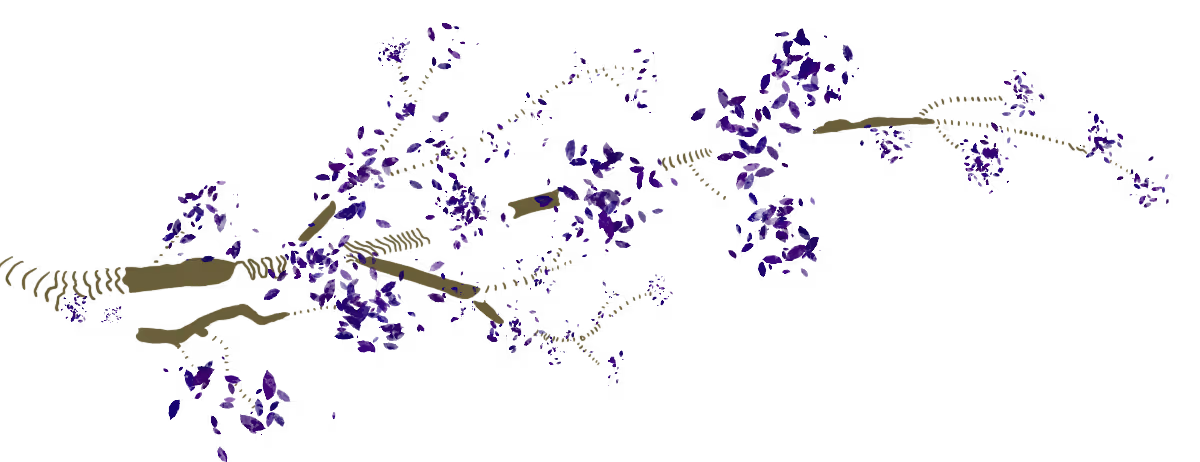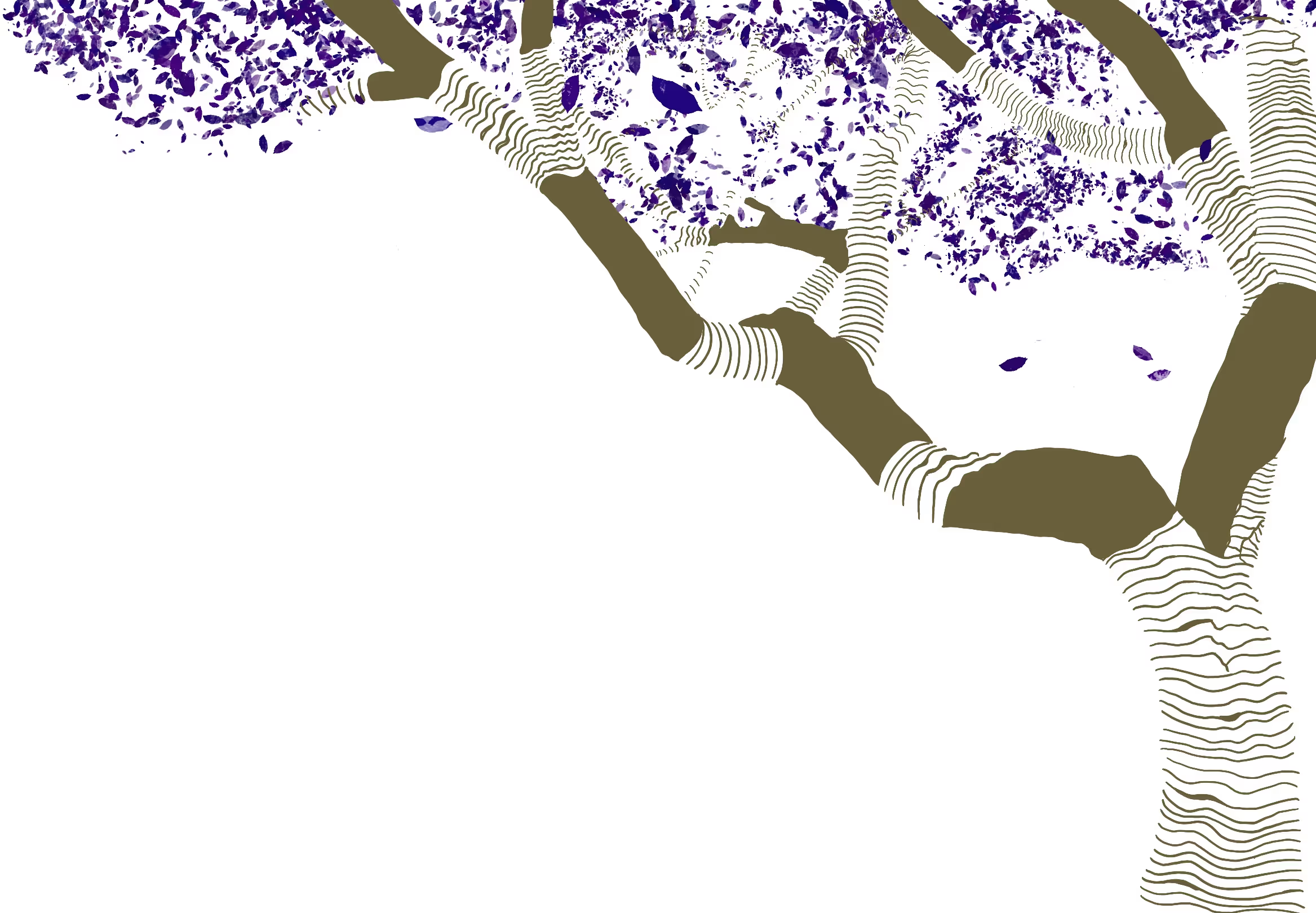
Psychotherapy for trauma survivors
who need to feel safe
If you’re feeling lost, disconnected, ashamed, like you don’t understand who you are, or why you experience life the way you do, you are not alone.
You are not beyond help.


About Carolynne
I’m a qualified and experienced psychotherapist who works with people who have survived serious trauma. Many survivors have been misdiagnosed, misunderstood, or never fully seen.
I’m trained in forensic and complex trauma assessment. My professional registrations include:
UK Council for Psychotherapy (UKCP)
Health and Care Professions Council (HCPC)
European Society for Trauma and Dissociation
Institute for Arts in Therapy and Education
Who I work with
I work with survivors of violence and trauma, particularly those experiencing dissociation, shame, and confusion about their identity and behaviour.
This might be you if you:
Feel distant from yourself or your body
Struggle to explain what’s going on inside
Get stuck in cycles of self-harm, dependence, or emotional shutdown
Swing between feeling too much and feeling nothing at all
Have been diagnosed with depression, ADHD, OCD, or BPD but still feel it doesn’t fully fit
Feel unsettled and not at peace

Our work together is a structured trauma assessment that will last 3 months.
This is not open-ended therapy. This is a tri-structured interview over 12 weeks that systematically and safely uncovers who you are, what has happened, and what you need to heal.
This work is often the turning point, when years of confusion start to make sense, and healing can finally begin.
Here's the process in 3 steps:
We will have a free 30 min discovery call.
Together, we’ll establish your needs and agree if I’m the right person to help you.
We will begin our work together.
We begin our course of meeting 1:1 for 50 minutes every week for 12 weeks via Zoom. During that time, I use a gold-standard forensic assessment toolkit to understand what’s happening beneath the surface, calmly, carefully, and with clarity.
At the end of the process, you’ll receive:
- A clear diagnostic picture
- An understanding of the root causes of your symptoms
- A tailored treatment plan
- Recommendations for long-term support, if appropriate
Client testimonials
Transformative therapy that can truly change your life.
It makes sense you experience life the way you do.
There are three words likely very pertinent to your experience:
Violence
The World Health Organisation defines violence as:
“The intentional use of physical force or power, threatened or actual, against oneself, another person, or a group or community, that results in - or has a high likelihood of resulting in - injury, death, psychological harm, maldevelopment, or deprivation.”
If you’ve experienced this in any form, your body and mind have adapted to survive it. That adaptation isn’t madness or sadness or weakness, it’s creative adjustment to trauma.
Safety
Merriam Webster definition of safety:
“The condition of being safe from undergoing or causing hurt, injury, or loss.”
For many survivors, safety is unfamiliar. It may have been disrupted, denied, or never fully known. Safety is essential for healing.
Trauma survivors sometimes don’t feel safe:
- In their body
- With others
- In their own company
- In the world, or in how it sees them
Safety means being seen, met, respected, understood, and held within clear boundaries, not just emotionally, but practically.
This is the starting point for all meaningful therapeutic work.
Dissociation
Dissociation is a survival response and common in serious trauma. It can feel like:
- Watching your life from the outside
- Acting in ways you can’t explain
- Losing time or forgetting key moments
- Feeling numb, shut down, or emotionally flat
- The world feeling dreamlike or distant
- Not knowing who you really are
These are not character flaws. They’re symptoms of something deeper and they can change.

You deserve to be safe and understood.
If it feels like the right step, I invite you to get in touch. All enquiries are confidential. You won’t be asked to share anything before you’re ready.

Trauma training
I also provide training designed to help teams understand, support, and work safely with survivors of trauma.
Would your organisation benefit from a trauma-informed clinical framework?
Supervision support
If you’re a psychotherapist working with trauma survivors and want specialist supervision, I provide structured support grounded in clinical experience and forensic insight.
.avif)

